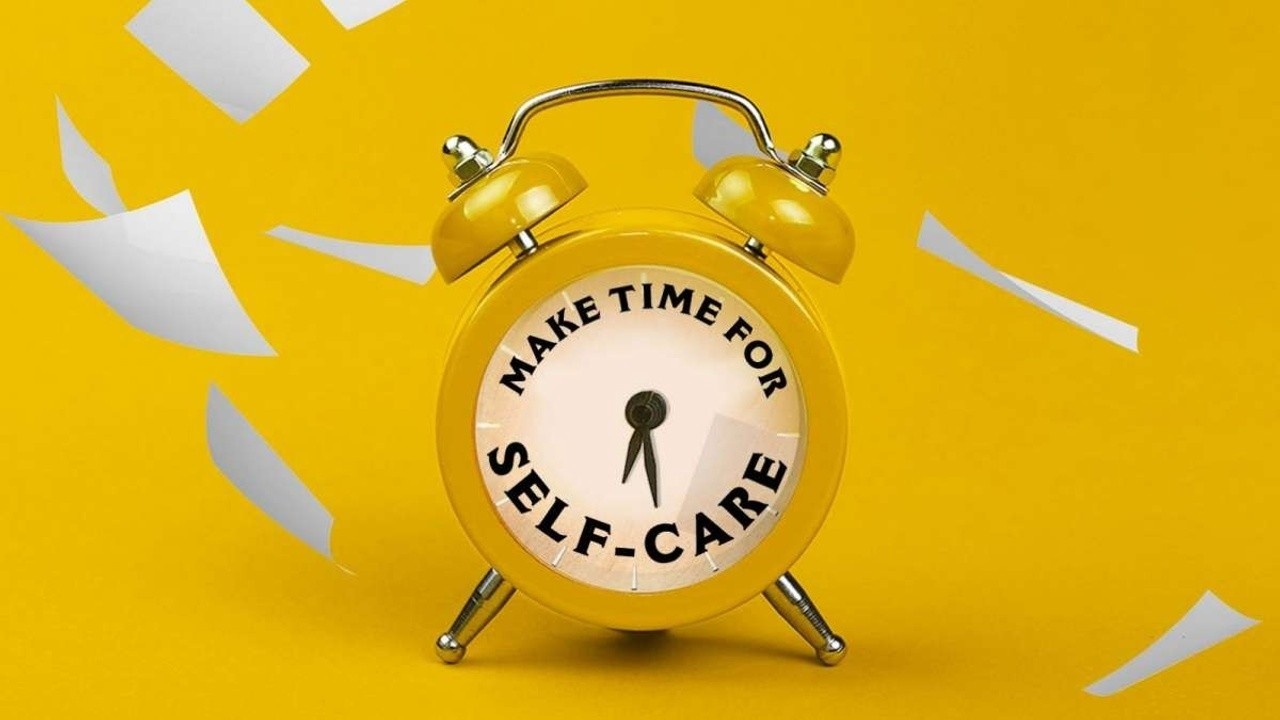
Prioritizing Self-Care
Mar 23, 2022
You’ve heard the expression “you can’t pour from an empty cup” before. While it is very accurate, I understand how difficult it is to refill your cup. Being the parent of a young adult struggling with anxiety, post-traumatic stress disorder, agoraphobia, or autism spectrum disorder, is often a lonely and frustrating experience. A driving factor in starting this community was to help parents like this understand that they are not alone—and there is hope! One way I help parents restore peace and find a new direction is by helping parents to prioritize self-care so they can face the challenges of everyday life. This calmness will often pass on to your young adult and help them with their struggles. When you can be calm and think clearly, so can your young adult. When relaxing, self-care techniques become a part of your regular routine, you will find that dealing with the stress in life is a little easier.
Tips to help you relax
Relaxing helps keep both mind and body healthy and allows you to recover from the stresses of everyday life. Here are some quick and easy ways to relax:
- Mindful Breathing - Guided breathing exercises such as “box breathing” are the most straightforward and most used relaxation techniques to calm your stressed mind and body effectively.
- Journaling - Getting things off your chest by writing them down may help one relax. While feeling stressed, take a few minutes to jot down some thoughts and feelings either in a notebook or a note app on a smartphone. Try and focus on expressing those thoughts and feelings to help release some of that stress.
- Reconnect to nature - Spending some time outside in nature when you are feeling stressed may help you relax. When feeling stressed, take a short walk, sit in the grass in your yard, meditate, or even soak in the sun and be one with nature.
Self-care also means taking actions to stay fit, achieve good physical health, and meet social needs—such as:
- Seeing friends - being social will allow you to build up your sense of belonging. You may even want to join a support group or a church group to make some new friends.
- Engaging in hobbies - Try to do something you enjoy every day. Make it a goal to try something new once in a while.
- Exercising - Your physical health is strongly connected to your mental health. Support both by finding time each day to be active. Take an evening walk, or join a health club. Find a friend or family member to help keep you accountable and participate in your activity of choice with you.
Tre™ is another self-care technique that you can easily incorporate into your daily routine. Tre™ is an innovative practice that can help you release stress and tension in your muscles. Download my free guide to get started learning two simple Tre™ exercises that can help you feel calmer and more relaxed. Don’t forget to sign up to receive email updates for upcoming courses and more free guides.


